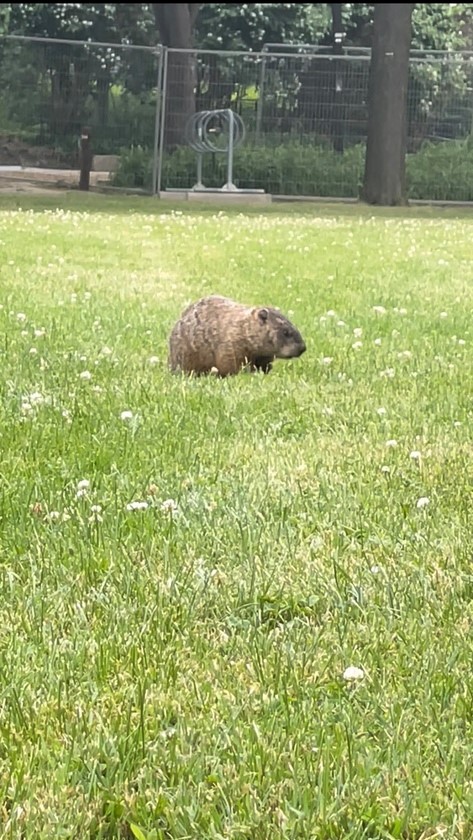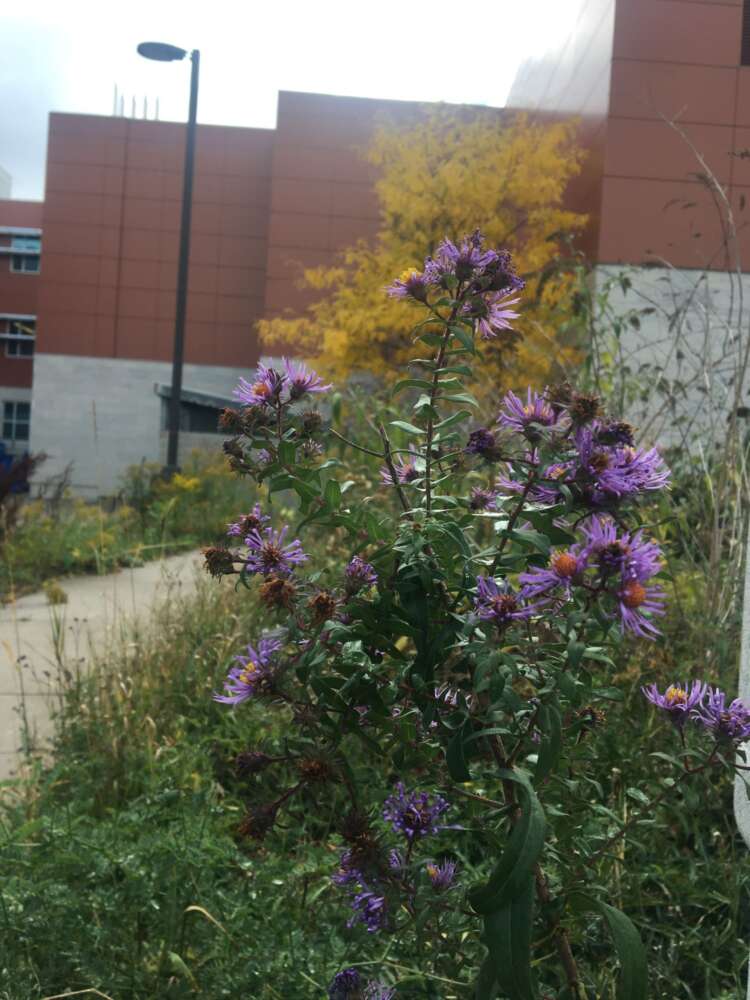Even before they arrived at the University of Guelph, Gurleen Chana and Julie-Ann Arbour had already decided on their majors. Driven by passions for nature and animals, the two had chosen zoology.
Both were also eager to help U of G’s Sustainability Office, which runs a variety of programs to promote environmental sustainability. Now the fourth-year students are Sustainability Ambassadors for the office and view their newest project as a chance to leave a legacy at U of G.
They’ve created the Campus Biodiversity Inventory, an ongoing project and club dedicated to showcasing the multitude of diverse species found throughout campus in gardens and green spaces.
Inspiring summers and the start of a new project

Samantha Casey, digital communications and engagement coordinator for the Sustainability Office, runs the Guelph Campus Conservation Program – which the Sustainability Ambassadors program belongs to – and is always looking for new projects.
Over the summer, she heard about Western University’s own Campus Biodiversity Inventory and pitched the idea to the ambassadors, wanting someone to take it on.
“We thought it was a great way to showcase the biological diversity on campus and create an opportunity for campus community members to connect to the natural world around them,” said Casey.
Chana and Arbour were looking for volunteer experience. Close friends since meeting in a Facebook group chat for their program, the two have always been animal and nature lovers, with interests in biodiversity conservation and ecological restoration.
“We were chatting about it, and we already did it as a side hobby for fun, so we thought ‘why not turn it into something and leave our mark before we graduate?’” Chana recalled.
They quickly set up an iNaturalist page – which acts as a living record of the plants and animals they encounter on campus – and social media accounts to promote and grow the club, which meets bi-weekly in the Office of Sustainability.
“We’re hoping to start doing more events – like observation walks around campus – put up posters and to apply for grants in the future,” said Arbour.
She added they ran a biodiversity scavenger hunt, with prizes, during the Sustainability Office’s Inaugural Fall Seed Festival, and have since built an executive team thanks to the addition of two new members.
Ambition brings success

Arbour and Chana have ambitious goals for the project. In the club’s introductory social media posts, they wrote “the aim of the project is to gather information on campus biodiversity for education, outreach and research.”
The research findings will help the Sustainability Office further their education and outreach efforts. The ultimate goal is to help others learn about campus biodiversity.
“When we got to Guelph, we didn’t know the campus was so diverse, and that there’s so much research that happens behind the scenes,” said Chana, originally from the Greater Toronto Area.
The Arboretum, the pollinator garden behind the South Residences and a new pollinator area next to Alexander Hall are all places showcasing that diversity, said Arbour, who grew up near North Bay, Ont.
“So our goal is to get the community involved and bring awareness to what native and non-native species there are on campus and just entice curiosity,” said Chana.
Arbour agreed, adding “it would be really cool to have more people know what’s around campus.”
They want to see the club become large enough to influence the University’s architecture and design policies to naturalize campus even more.
“U of G does a really good job in terms of conservation,” said Chana. “But as a student, I want to contribute to that, so that’s what we’re trying to do.”
Contact:
Samantha Casey
Sustainability Office
scasey01@pr.uoguelph.ca
